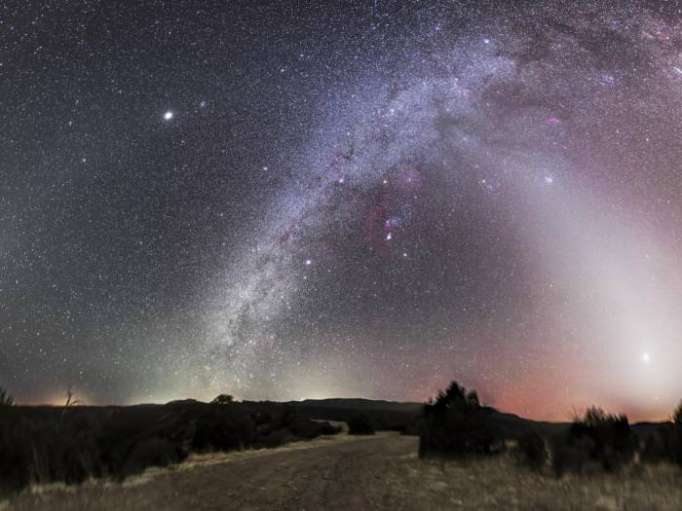The new research suggests that the Milky Way's nearest neighbour, Andromeda, isn't far bigger than us as we'd previously thought. In fact, it's roughly the same size.
That has significant effects on our understanding of what will happen when the two collide. Previously, scientists had thought our galaxy would come to an end by being swallowed up by Andromeda, but that's no longer clear.
Further work is required to find out what will happen when the two galaxies eventually collide.
"It completely transforms our understanding of the local group," said astrophysicist Prajwal Kafle, who worked on the study published in the Monthly Notices of the Royal Astronomical Society.
"We had thought there was one biggest galaxy and our own Milky Way was slightly smaller but that scenario has now completely changed.
"It's really exciting that we've been able to come up with a new method and suddenly 50 years of collective understanding of the local group has been turned on its head."
Scientists had long thought that Andromeda was two or three times as big as our own Milky Way. But in fact they're roughly the same size, the new research suggests.
The misunderstanding came about because scientists had overestimated how much dark matter was lurking in Andromeda. "By examining the orbits of high speed stars, we discovered that this galaxy has far less dark matter than previously thought, and only a third of that uncovered in previous observations," said Dr Kafle.
That was discovered by looking at the speed required to escape a galaxy. We know how much energy is used to escape the Earth's gravitational pull, and how much would be required to get out of the galaxy – and so can trace the mass of Andromeda using that information.
The Independent
More about: galaxy
















































